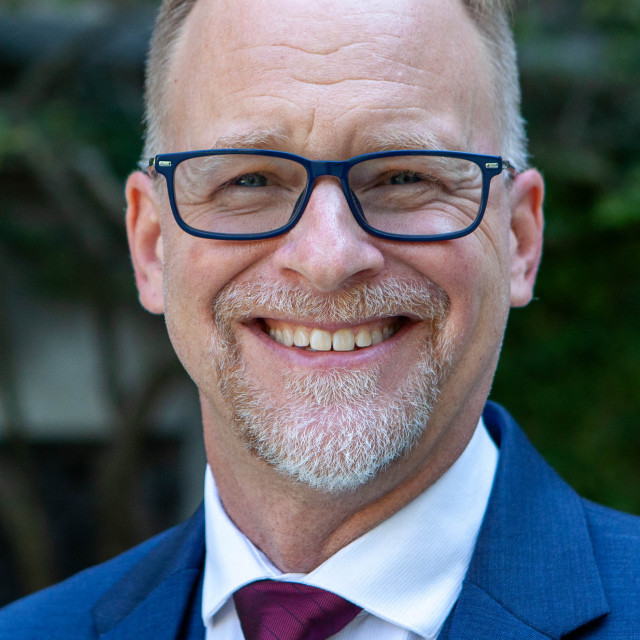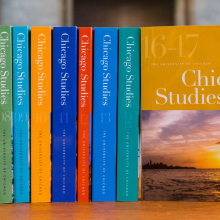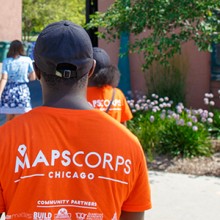Chris' background also includes non-profit and advocacy work focused on positive youth development and immigrants' and LGBTQ+ persons' rights. In Chicago, he has volunteered as a legal advocate and translator for asylum seekers, and served as educational lead and PYD trainer for MAPSCorps from 2013-2020.
Between quarters at UChicago, Chris and his husband Angel live in San Sebastián, Puerto Rico, where they have accidentally become cornerstones of the local canine rescue ecosystem thanks to their inability to say "no" to a cute pup that needs a home (five...five dogs).




